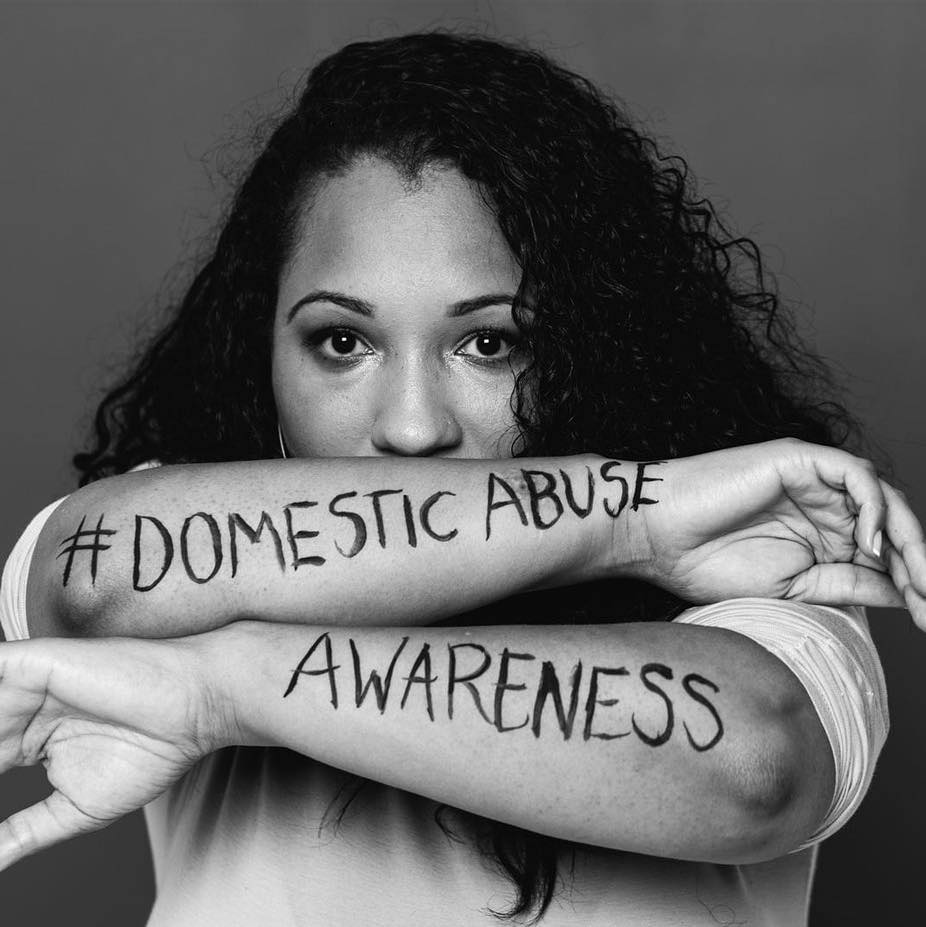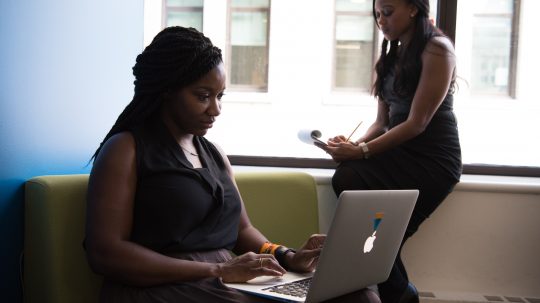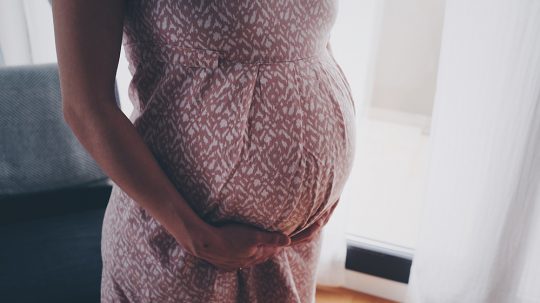For International Women’s Day this year (8 March), EachOther looks at the lives of 10 human rights trailblazers in Britain, from past to present. (That’s because we’re a UK-focused publication – globally, there are countless women worthy of mention throughout history, from Greta Thunberg to Rosa Parks.)
International Women’s Day: Doreen Lawrence
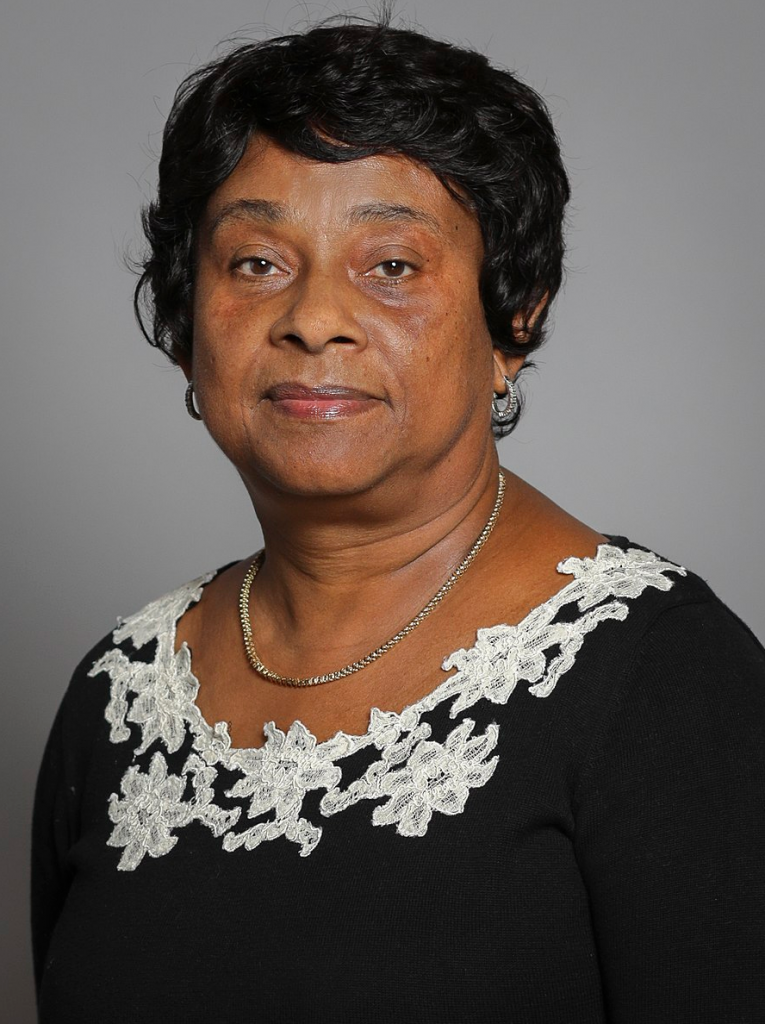
Doreen Lawrence raised awareness of institutional racism within the police. (Credit: Wikimedia Commons)
Doreen Lawrence is a campaigner who entered public life after the racist murder of her son, Stephen Lawrence, in 1993. She spent years campaigning for justice, claiming that the police were not investigating her son’s murder properly due to racism and negligence.
In 1999, a judicial inquiry was launched, resulting in the landmark MacPherson Report, which found that there was “institutional racism” in the Metropolitan Police. In October last year, Lawrence launched the Stephen Lawrence Day Foundation, which promotes the national Stephen Lawrence Day on 22 April each year and seeks to inspire a fairer society through her son’s legacy. She previously founded the Stephen Lawrence Trust, which campaigned against inequality and is now called Blueprint for All.
Mary Wollstonecraft
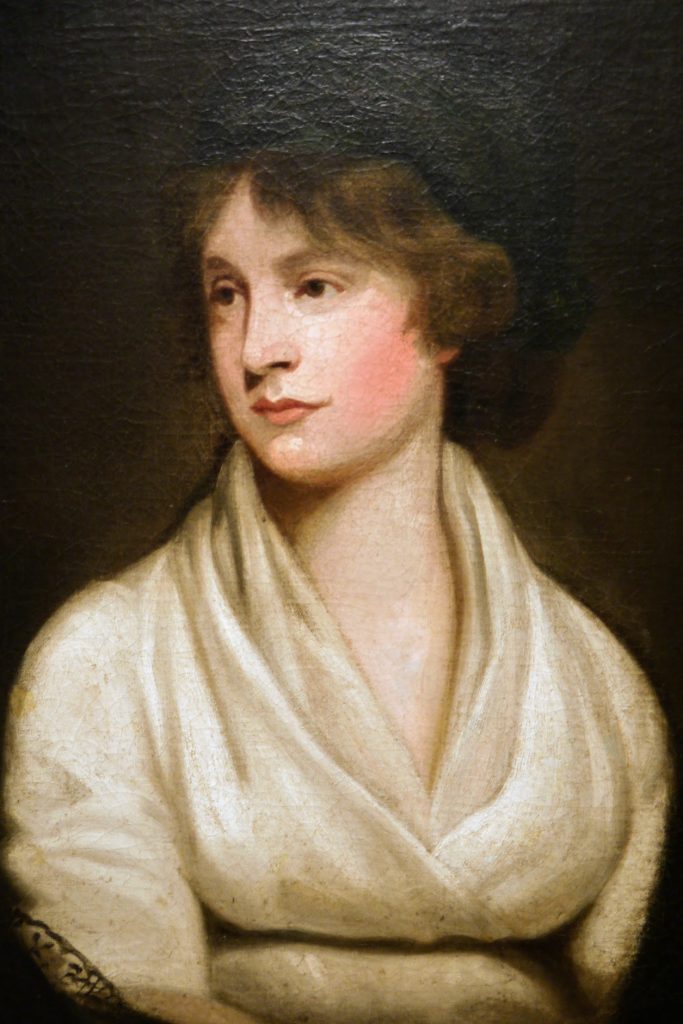
Mary Wollstonecraft was a writer and an early advocate for women’s rights. (Credit: Flickr/Eden, Janine and Jim)
Raised in Hoxton, London, Mary Wollstonecraft was a writer and an early advocate for women’s rights in the UK. Her ground-breaking book, A Vindication of the Rights of Woman, was published in 1792. Considered a feminist classic, the book advocated for women and men to be educated equally.
Wollstonecraft has left a long legacy in British feminism, and it is believed her works informed the writing of Emma author Jane Austen, who often looked at society’s treatment of women in her books.
Malala Yousafzai
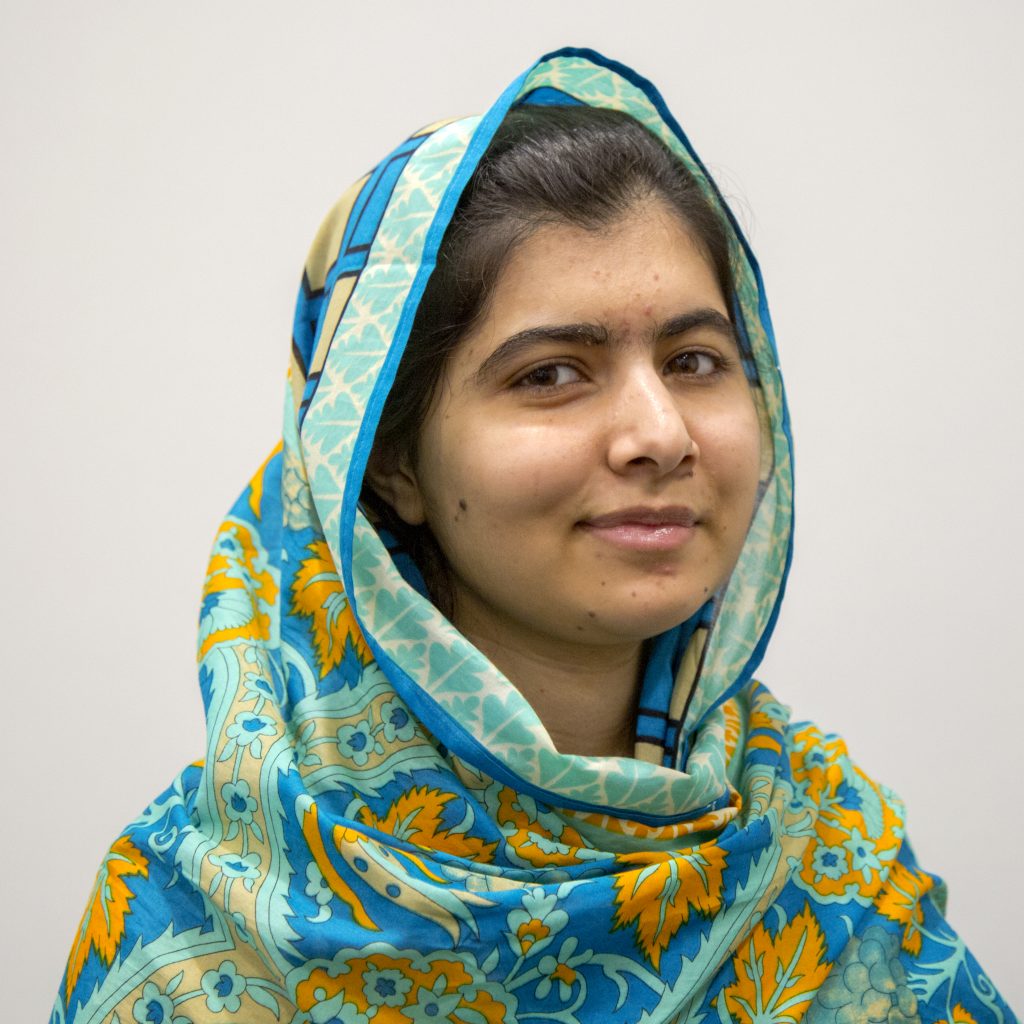
Malala Yousafzai in 2015, around three years after she was shot. (Credit: Wikimedia Commons)
Raised in the Swat Valley of Pakistan, Malala Yousafzai gained prominence in her early teens after she publicly campaigned for girls’ right to education, which was prohibited by the Pakistani Taliban, from 2009 onwards. Her efforts prompted an assassination attempt by the Taliban in 2012, when she was shot in the head.
She was moved to Queen Elizabeth Hospital in Birmingham for medical treatment, which was successful. After recovering, she co-founded the Malala Fund, a non-profit organisation that campaigns for girls’ right to education. Alongside social reformer Kailash Satyarth, Yousafzai was awarded the 2014 Nobel Peace Prize for her campaigning. She graduated from the University of Oxford with a degree in Philosophy, Politics and Economics in 2020.
Mary Prince
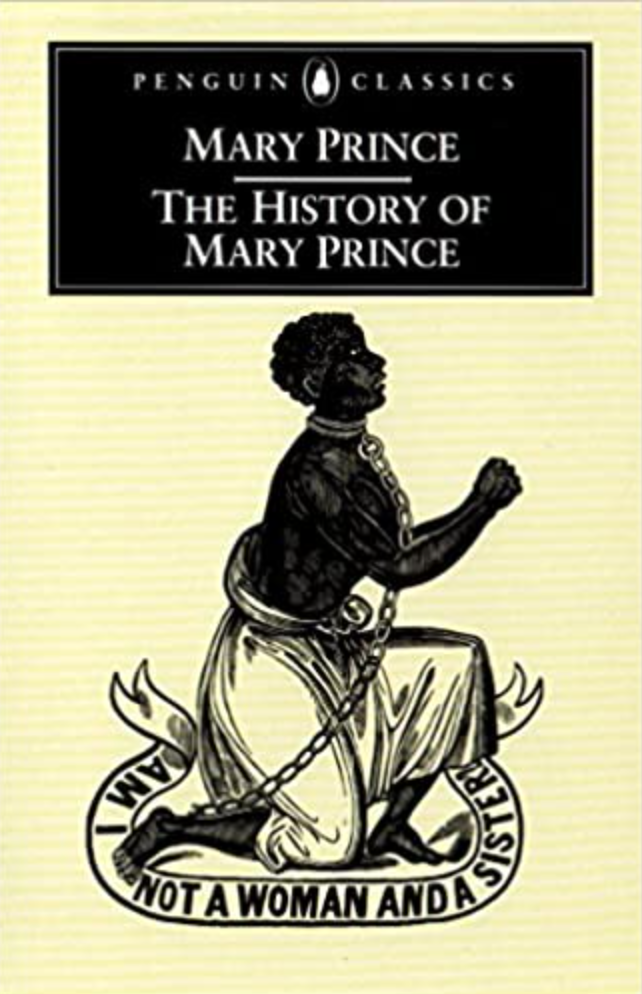
Mary Prince’s life was the first account of a Black woman published in Britain. (Credit: YouTube/screenshot)
Mary Prince was born into slavery in Bermuda in 1788. After being sold as a slave for the fourth time, she was moved to England by her owner, John Adams Wood. In England, she escaped slavery and was employed by abolitionist Thomas Pringle.
With Pringle as editor, Prince told the story of her life, as transcribed by author Susanna Strickland, in the book The History of Mary Prince, believed to be the first account of a Black woman’s life published in Britain.
Jane Campbell
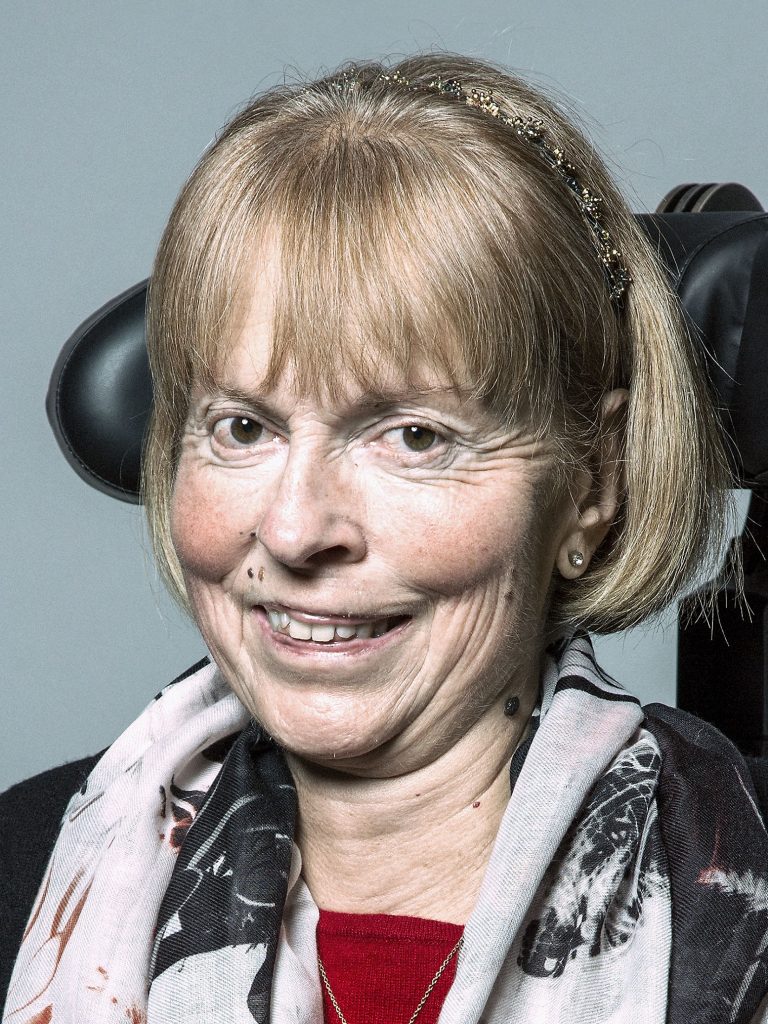
Jane Campbell has campaigned for disability rights. (Credit: Wikimedia Commons/Chris McAndrew)
Jane Campbell, from New Malden, Surrey, is a disability rights campaigner. From 2006 to 2008, she was commissioner of the Equality and Human Rights Commission (EHRC), having previously been the commissioner of the Disability Rights Commission.
Her activism to secure equal rights for disabled people has seen her leading a protest of hundreds of wheelchair users into London’s Westminster Road, stopping the traffic.
She also helped campaign to secure direct payments in 1996, giving local authorities the power to make cash payments to disabled people, meaning they have more choice and control over their care.
She was made a crossbench life peer of the House of Lords in 2007, and, in 2012 she won her fight to have her personal assistant with her in the House of Lords chamber, to read her speeches when she was too physically tired to speak.
Christine Goodwin
As a transgender woman, Christine Goodwin found that, in the eyes of the law, she did not have the same rights as cisgender women, such as being able to marry a man or claiming a state pension at the age of 60.
So, the Woburn-born former bus driver took her case to the European Court of Human Rights, which ruled that her right to private life and right to marry had been violated. This prompted the UK government to introduce the Gender Recognition Act in 2004, allowing people to change their legal gender for the first time.
Lady Phyll
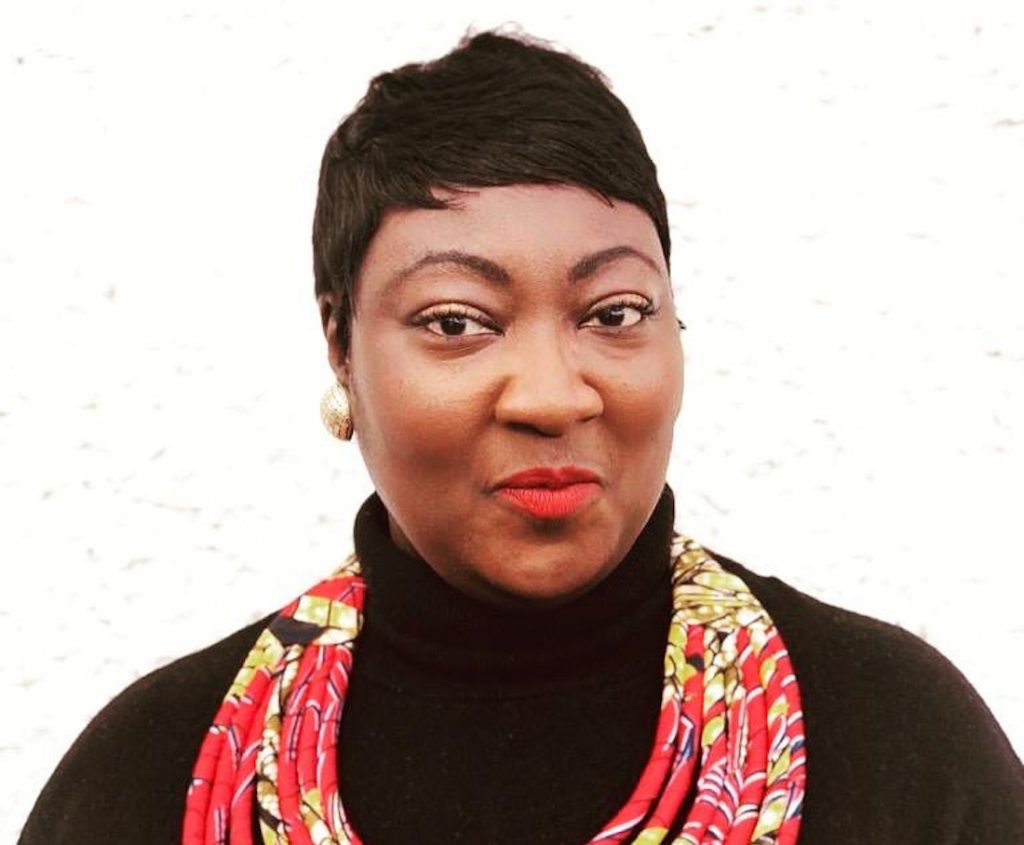
Lady Phyll is best known for her role as executive director of UK Black Pride. (Credit: UK Black Pride)
Phyll Opoku-Gyimah, widely known as Lady Phyll, is best known for her work as executive director of UK Black Pride, which celebrates and campaigns for the rights of LGBTQ+ people of African, Asian, Caribbean, Middle Eastern and Latin American descent.
She is also the executive director of Kaleidoscope Trust, a charity that works to uphold the rights of LGBTQ+ people living in the Commonwealth. In the 15 years since she co-founded UK Black Pride in 2005, on the back of a trip with a bus load of queer Black women to Southend-on-Sea, Lady Phyll and her festival have become hugely successful. She has spoken about her experiences as a Black lesbian in everywhere from the BBC to Vogue and, in 2018, walked the red carpet with actor Andrea Riseborough at the Baftas.
Sophia Duleep Singh
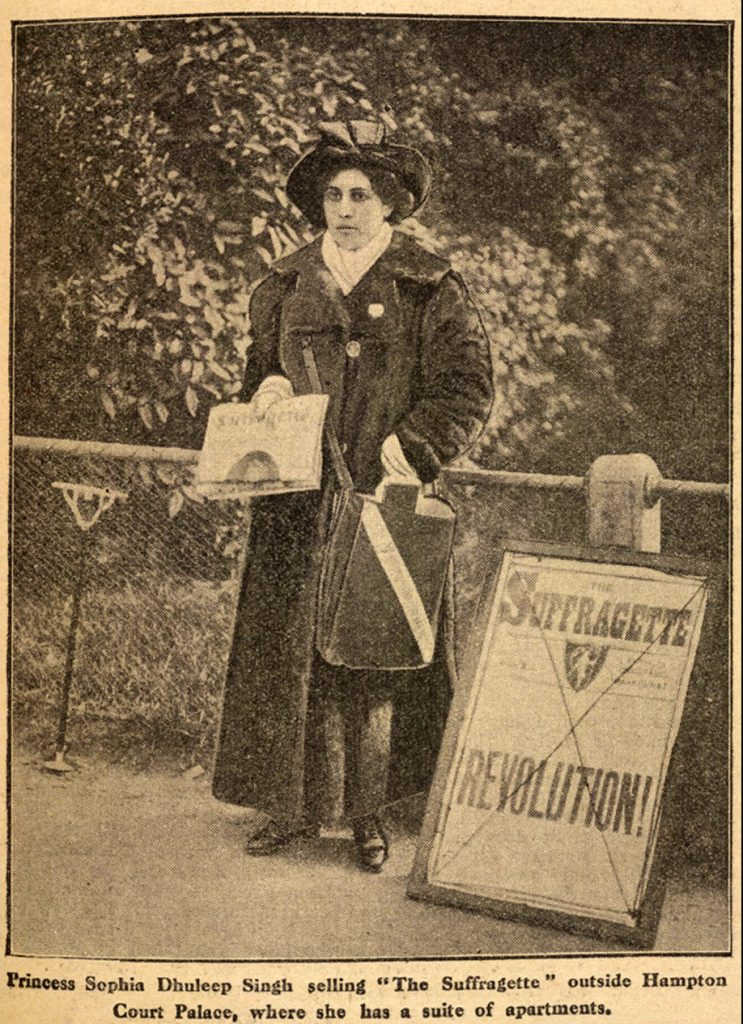
Sophia Duleep Singh was key to the women’s suffrage movement. (Credit: Wikimedia Commons)
Sophia Duleep Singh, born in 1876, was a key player in the women’s suffrage movement in the UK. The goddaughter of Queen Victoria, Singh signed up to the Women’s Social and Political Union (WSPU) in 1909, following a transformative trip to India.
In 1910, alongside Emmeline Pankhurst, Singh led a 400-strong protest outside the House of Commons, known as “Black Friday”. Her aristocratic background meant that she repeatedly frustrated the government, especially as she played a leading role in the Women’s Tax Resistance League, whose slogan was “no vote, no tax”. Singh was arrested repeatedly and, at one point, appeared in court over her refusal to pay taxes.
Paris Lees
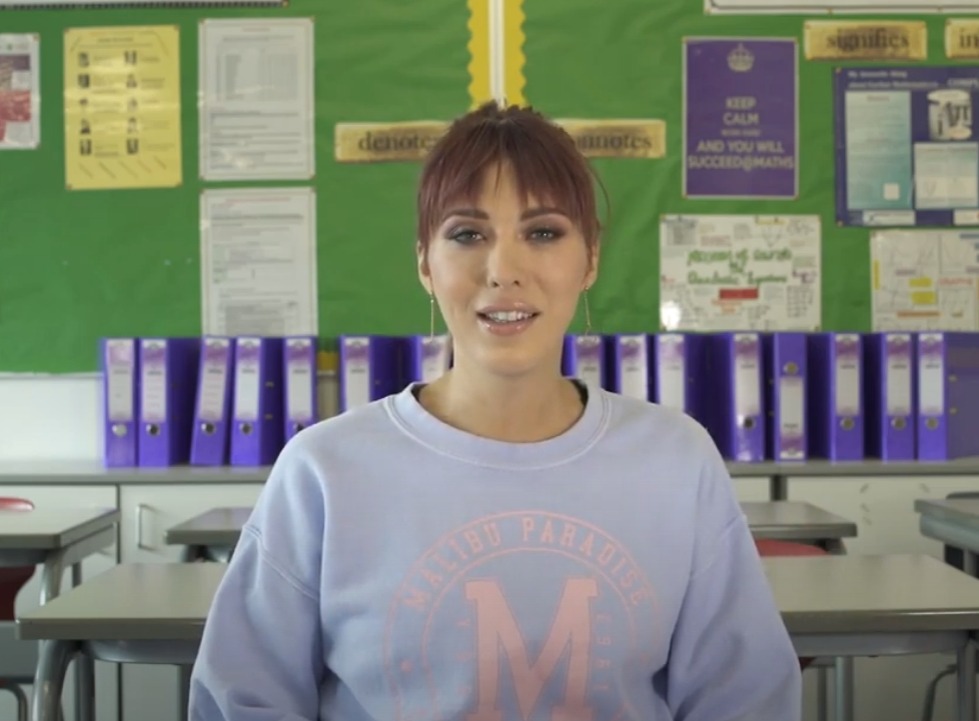
Paris Lees is the first openly transgender woman to appear in Vogue. (Credit: YouTube screenshot/AntiBullyingPro)
The first openly transgender woman to appear in British Vogue, Paris Lees is a writer, journalist and transgender rights campaigner. Through her work, Lees has raised the profile of transgender people’s rights in the British media, being featured in The Guardian, The Telegraph and VICE.
Also the first transgender presenter on BBC Radio 1 and Channel 4, Lees has worked to improve the media’s representation of transgender people, including with charities Trans Media Watch and All About Trans. Her book, What It Feels Like For a Girl, will be published in May this year.
Mary Seacole
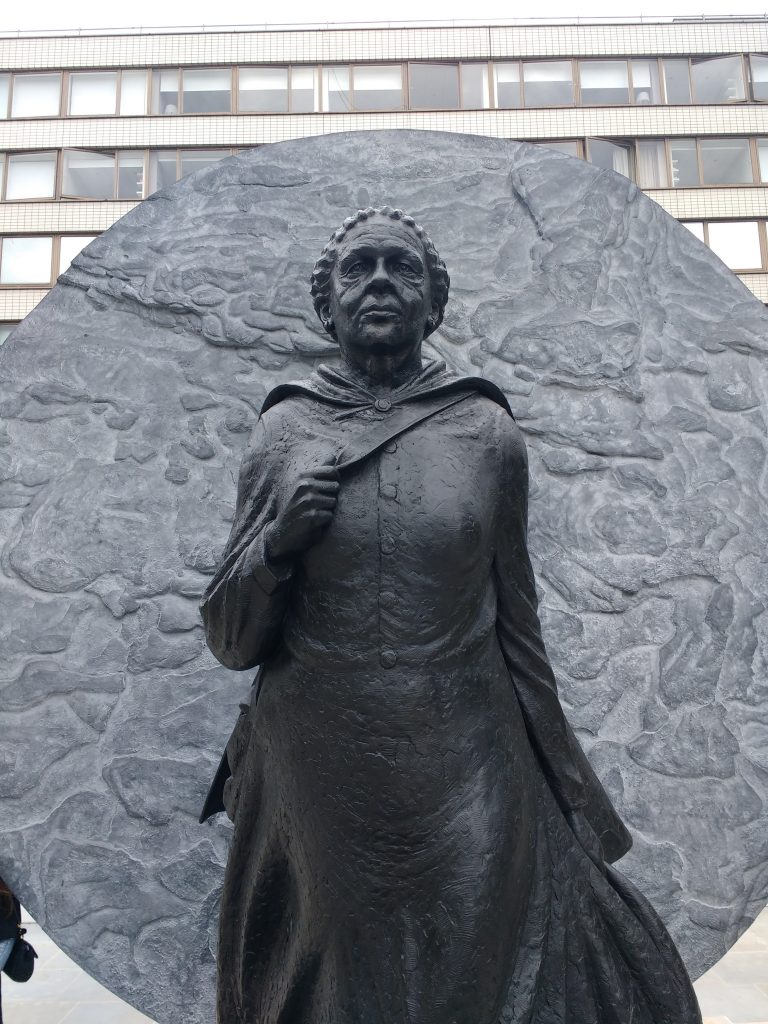
International Women’s Day: Mary Seacole’s statue at St Thomas’ Hospital, London. (Credit: Wikimedia Commons)
Mary Seacole was born in Jamaica in 1805, at a time when many Black people in the Caribbean were enslaved. Because her Scottish father was white, Seacole was born as a “free person”. A pioneering nurse, Seacole learnt her skills from her mother, and began experimenting with traditional Caribbean and African herbal medicines, recording her work as she did so.
In 1854, having lived in England previously, Seacole returned and approached the War Office so as to be sent as a nurse to help victims of the Crimean War. She was refused, but went anyway – on a self-funded trip, where she set up a mess quarters to look after injured soldiers, known as the “British Hotel”. In 2016, Seacole became the first Black woman in the UK to be recognised with a statue, one of only three to honour Black women in the country, with the memorial unveiled at St Thomas’ Hospital, London.


